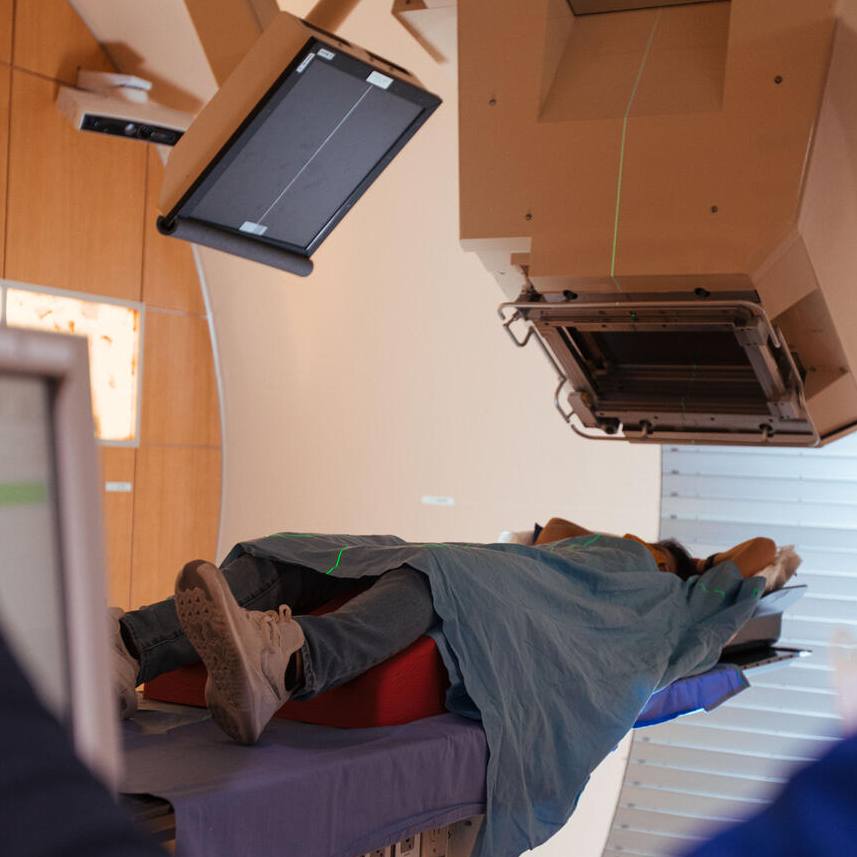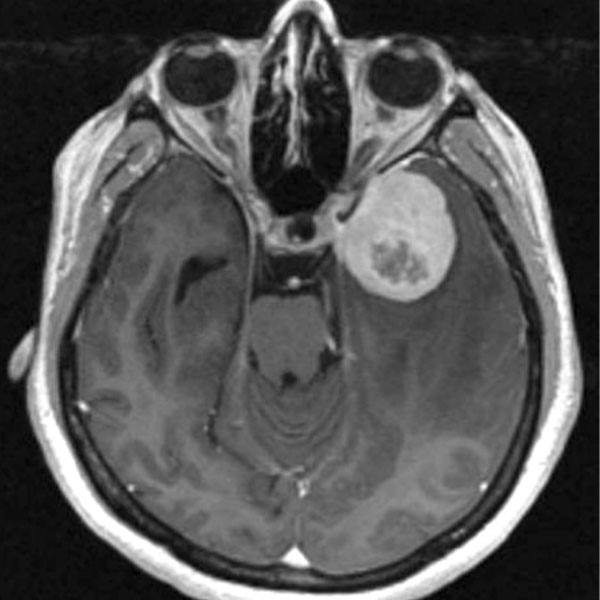-
Genetically manipulating protein level in colon cancer cells can improve effectiveness of chemotherapy, Mayo Clinic study finds

ROCHESTER, Minn. — Colorectal cancer outcomes may improve by genetically altering an immune-regulatory protein in cancer cells, making the cells more vulnerable to chemotherapy. That's according to new Mayo Clinic research.
The findings, published this month in Oncogene, indicate that increasing the expression of the PD-L1 protein in colorectal cancer cells can improve the effectiveness of chemotherapy.
"These findings, if verified by subsequent research, suggest that the level of tumor cell PD-L1 may be important in drug sensitivity and suggest that enhancing PD-L1 expression may be a potential strategy to improve treatment outcomes in this malignancy," says Frank Sinicrope, M.D., a Mayo Clinic medical oncologist and gastroenterologist. Dr. Sinicrope is co-director of the Gastrointestinal Cancer Program at Mayo Clinic and corresponding author of the study.
PD-L1 is an immune checkpoint protein that interacts with another protein, PD-1, to negatively affect cell functions and enable tumor cells to evade the body's immune system. Research has shown that interrupting the PD-L1/PD-1 interaction can enhance attacks on anti-tumor immunity.
However, the Mayo Clinic study describes another function of PD-L1: its effect on proteins that regulate tumor cell death. Deleting the PD-L1 gene suppressed two proteins that are associated with increased chemotherapy-induced cell death. In contrast, restoring PD-L1 expression reversed the suppression of these proteins.
"We sought to determine the relevance of our findings for PD-L1 in patients with colorectal cancer," Dr. Sinicrope says. "To do so, we utilized the Cancer Genome Atlas database of the National Cancer Institute to examine the association of PD-L1 expression with the survival of patients with colon cancer."
The study found that increased tumor cell PD-L1 expression was associated with better survival among patients expected to have received chemotherapy, which is the standard of care for patients with stage 3 and stage 4 cancers, according to Dr. Sinicrope.
"This suggests a broader role for PD-L1 as a possible predictive biomarker for how patients will respond to cancer treatment, though more research is needed to address this issue," he says.
The study also found that the BRAF oncogene, a gene that can transform a cell into a cancer cell, can regulate the expression of PD-L1. When the BRAF oncogene is mutated, it can increase PD-L1 expression in colorectal cancer cells, according to the study.
"Current therapies targeting PD-L1 are mainly focused on blocking or disrupting its function in tumor cells," says Haidong Dong, M.D., Ph.D., a Mayo Clinic tumor immunologist and co-author of the study. "This work suggests that enhancement of PD-L1 expression in tumor cells may promote the efficacy of chemotherapy, at least in colon cancer. It is an idea-changing discovery that, if validated in clinical trials, would bring more benefit to patients with colon cancer that is resistant to current chemotherapy."
The study, conducted by researchers at Mayo Clinic in Rochester and Mayo Clinic in Florida, was supported in part by a grant from the National Cancer Institute. Co-author Daofu Feng, M.D., was supported by the Scientific Research Training Program for Young Talents of Tianjin Medical University General Hospital in China. Co-author Lei Sun was supported by Second Affiliated Hospital of Guangzhou Medical University in Guangzhou, China.
###
About Mayo Clinic
Mayo Clinic is a nonprofit organization committed to innovation in clinical practice, education and research, and providing compassion, expertise and answers to everyone who needs healing. Visit the Mayo Clinic News Network for additional Mayo Clinic news and An Inside Look at Mayo Clinic for more information about Mayo.
Media contact:
- Joe Dangor, Mayo Clinic Public Affairs, 507-284-5005, newsbureau@mayo.edu







